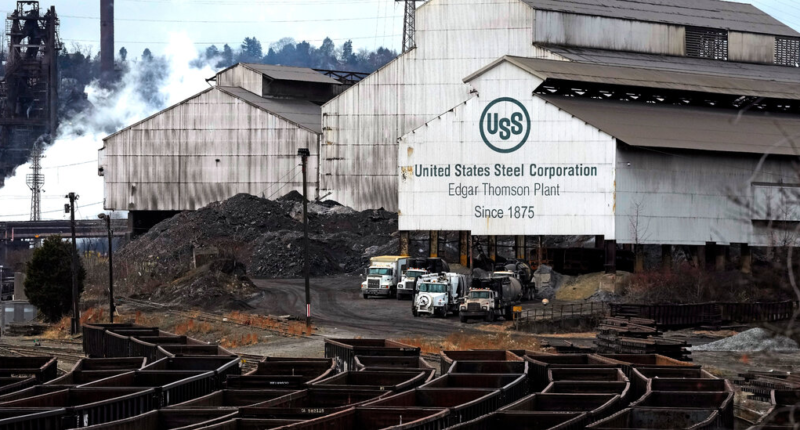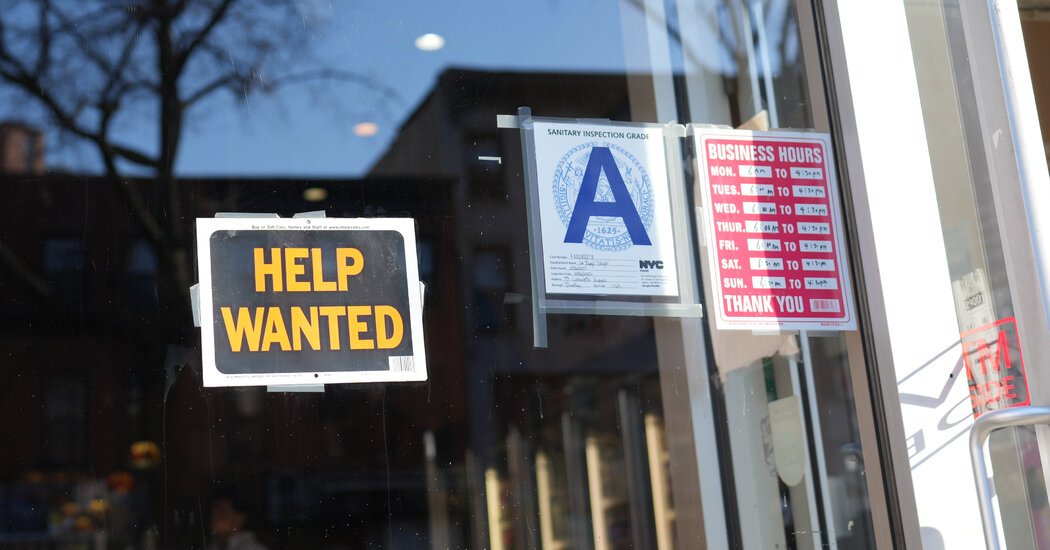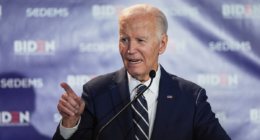Vice President Kamala Harris said U.S. Steel should stay in the hands of American owners, dealing another blow to the Japanese manufacturer Nippon Steel’s $15 billion proposal to acquire the storied American steel maker.
“U.S. Steel should remain American-owned and American-operated,” Ms. Harris, the Democratic nominee for president, said during a campaign stop in Pittsburgh on Monday, prompting cheers from the audience.
Since it was announced in December, the bid by Tokyo-based Nippon Steel to acquire U.S. Steel has been opposed by the United Steelworkers union, which is based in Pittsburgh.
The union said that a foreign corporation’s purchase of an American steel company would pose threats to national security. It has also questioned commitments made by Nippon Steel, including vows not to lay off employees or close plants.
Over the past eight months, politicians have joined the opposition, with both President Biden and Donald J. Trump, the Republican nominee for president, signaling their disapproval of foreign ownership of U.S. Steel.
Union officials and Nippon Steel executives have been waiting to see what Ms. Harris’s stance would be. The United Steelworkers welcomed her statement, saying it would help safeguard national security and union jobs.
Nippon Steel said it remained confident that the merger would put U.S. Steel and the American steel industry on stronger footing. “We believe that a fair and objective regulatory review process will support this outcome,” it said.
Nippon Steel has been betting that discussions will continue past the November presidential election, after which unions would potentially have less political sway.
In the United States, the president can block certain cross-border transactions on national security grounds. The question is whether an acquisition led by Japan — a close ally of the United States — could be deemed a threat.
Nippon Steel has gone to considerable lengths to show that the merger would be good for both companies and their employees, as well as for the United States and Japan.
The Japanese steel maker has promised billions of dollars in additional investment in U.S. Steel’s facilities. In July, it said it would withdraw from a longstanding joint venture in China that might have drawn suspicion from U.S. regulators.
A powerful interagency panel, the Committee on Foreign Investment in the United States, has been looking into the national security implications of Nippon Steel’s proposal. For cases that require a full investigation, the committee makes a recommendation to the president, who has the final say.
Nicholas Nehamas contributed reporting from Washington.









